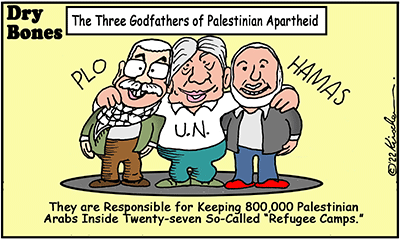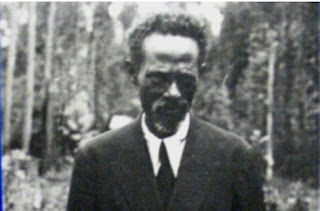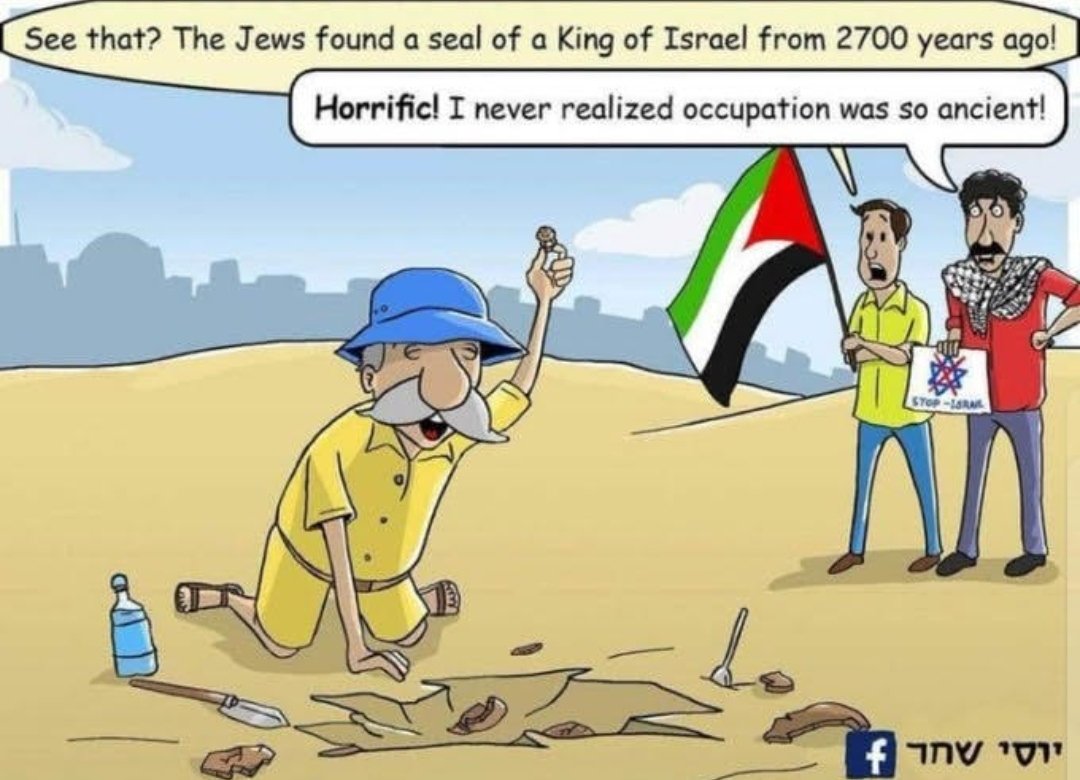Einat Wilf: Who Does She Think She Is?
The new memoir by former Breaking the Silence director Yuli Novak is simplistic and solipsistic in equal measure.A Passage to Israel
The publication of the book Who Do You Think You Are? by Yuli Novak is evidence, once more, that the artistic bar for anti-Zionist creation is low. The book is badly written. The metaphors worn out. Descriptions of nature as stand-ins for emotional turmoil (comparing volcanic eruptions to her turmoil, geological changes to social ones, comparing getting lost and found while traveling to getting lost and found emotionally), present throughout, would barely cut it as a high school writing exercise. But because the book tells the story of how Zionism is so irredeemable that it must be scrapped altogether, the low literary value of the book is ignored. Given that the book peddles a recent incarnation of the ancient idea that no amount of reform could make the collective Jew palatable, there is a thriving and stable market for material that caters to it.
Who Do You Think You Are? is part biography, part political reflection, part coming-of-age story. Unfortunately, though, there is no coming of age. The protagonist begins and ends the story as the same petulant child whose so-called reflections lead her to realize that the world is to blame, and everyone but her is “blind, numb, fearful and angry.” A vein of irresponsibility runs through the book. The protagonist just happens to do things. By her own description, Novak became director of Breaking the Silence, an organization devoted to ending Israel’s military occupation of the West Bank, on a lark. She was studying to be a lawyer but didn’t want to be one and hadn’t yet figured out what she wanted to do. She came across a job ad for director of Breaking the Silence and thought it was “something worth trying.” Why? Not clear.
Once at the job she doesn’t understand why people get angry. Israeli Jews who respond to Palestinian attacks with “hysteria” and are manipulated by politicians into “fear and hatred” are at fault. She and her colleagues merely want to highlight the “inherent immorality” of the Occupation. The fury against her is because she “stood up against the regime.” The forces that oppose her are nefarious and anti-democratic. They target Breaking the Silence to promote an “illiberal order” and “concentration of powers by the government.”
Her intentions have always been nothing but good. Oh, and the media is at fault.
Theoretically, bad writing and childish protagonists could still make smart arguments. Alas, not in this book. Even if judging only on substance, each of the author’s premises is wrong. The first is that Jewish citizens of Israel do not know what is involved in exercising military control over Palestinians in the West Bank, the Occupation. If they knew, they would end it. Therefore, there is a need to “break the silence” surrounding the Occupation. This is a tantalizing idea. It appeals to the human desire to uncover dark secrets lurking beneath the surface. It lures people with the promise that they will hear something they have not heard before. It also confers a halo of martyrdom on those willing to break the so-called silence.
In the summer of 1965, nine Orthodox rabbis traveled to the former Soviet Union. They weren’t ordinary tourists. They had been sent by the Rabbinical Council of America with a mission: to investigate the murmurs that had begun reaching the West about Soviet mistreatment of Jews.Eitan Pessin: We Are Many, We Are One
In those years, peering behind the Iron Curtain meant being escorted by a government guide who also worked for the KGB, and sleeping in a bugged hotel room. As one would imagine, only a small minority of intrepid tourists dared to make this trip. The rabbis’ journey proved such a novelty that The New York Times reported on it.
There were no lazy days wandering around Moscow, no independent explorations; to go off on one’s own was to risk expulsion, beating, or both. Yet one day, feigning illness, Rabbi Rafael Grossman—then the rabbi of a synagogue in Long Branch, New Jersey—left the group. He had his own private agenda: to locate a congregant’s long-lost brother. Lacking fluency in the Russian language or a sense of Moscow’s geography, and relying only on an address scrawled on the back of a 10-year-old envelope and the efficacy of his own prayers, he succeeded.
“My father had a lot of chutzpah,” recalled Grossman’s son Hillel, a New York psychiatrist. “My father also cared a great deal about the individual.”
At first, the congregant’s brother’s family wouldn’t open the door; they feared that the rabbi was a KGB dupe. Speaking in fluent Yiddish, which at that time was still Ashkenazi Jewry’s lingua franca, the rabbi eventually won their trust.
Inside their apartment, Grossman discovered another surprise: the man’s young son, whom the man and his wife had been raising inside the confines of the apartment, home-schooling him, never allowing him to play with his peers—all this to escape the sting of Soviet antisemitism. Initially, the rabbi was shocked—situations like this usually point to child abuse—but he quickly realized that these parents were acting out of love.
“This wasn’t a recommended child-rearing practice,” Hillel told me, “but it was undertaken under extraordinary circumstances for extolled purposes.”
The couple swore Grossman to secrecy; they were terrified that the communist authorities could take away their son and send them to Siberia. But the rabbi felt compelled to violate his oath. From his home in the U.S., he mounted a private lobbying campaign. With the help of several prominent members of Congress, he secured exit visas and the family moved to Israel. But he never shared their names publicly.
I’m currently wrapping up the second half of my sophomore year of high school studying in Israel on the Tichon Ramah Yerushalayim (TRY) program. The program is amazing in every way, and it was difficult to decide just one thing to write about for now, but I’ve settled on this particular experience—which despite being so different from the rest of the program in a way captured its essence.
We spent four days at Gadna, learning a little about what it’s like to train, and be, in the Israel Defense Force. ... I could see where this was going. As the Samal spoke, I looked over at the beautiful view in front of us, felt the warm air on my skin, and absorbed as much of the sun as possible.
“Sean and his fellow tzevet members were traveling in an armored vehicle. Soon, when Hamas was shooting at them, Sean, being the person he was, poked his head out first to return the fire. Sadly, the instant his head popped out of the vehicle, a bullet hit him square in the forehead killing him on the spot. Sean was the type of person to put himself first, not to let his tzevet go into a mission without him. He’s a model of the type of person you should all strive to be. And though Sean was a lone soldier, over ten thousand people showed up to his funeral, because Sean is a role model for everyone.”
There was a beat of silence, during which I focused solely on the endless expanse of aquamarine, and then the Samal silently turned and started running back the way we’d come. We all silently followed, and as I ran I was consumed with the story of Sean. Sean had been an average person, but had felt such commitment and love towards this country and its people he’d gone into Gaza with a twisted ankle- it hit me hard because I feel as if that could be me in ten years.
This Masa marked the end of our Gadna experience. We got back and had some basic cleaning and packing to do, but about two hours later we boarded the bus and headed back home. The bus ride back was silent; we were bruised, beaten, and tired and nearly everybody slept the entire drive. It felt as if we’d been through hell in some respects - but it was a hell that had created unbreakable bonds between us and left us irreversibly changed. Gadna marked a turning point in my TRY experience; it was the moment it became not only about touring Israel, or school, but truly about us. It etched into our souls an important lesson about being part of something bigger, a lesson that can apply to our group on TRY, each of our camps, our synagogues, the Diasporic Jewish community, and most importantly of all, Israel. At Gadna, each of us were individuals with our own histories and lives, yes, but we operated as one team, as one brigade, one base. We were unique parts of a whole, and in the end, that’s what Gadna, and Israel, is about.














































